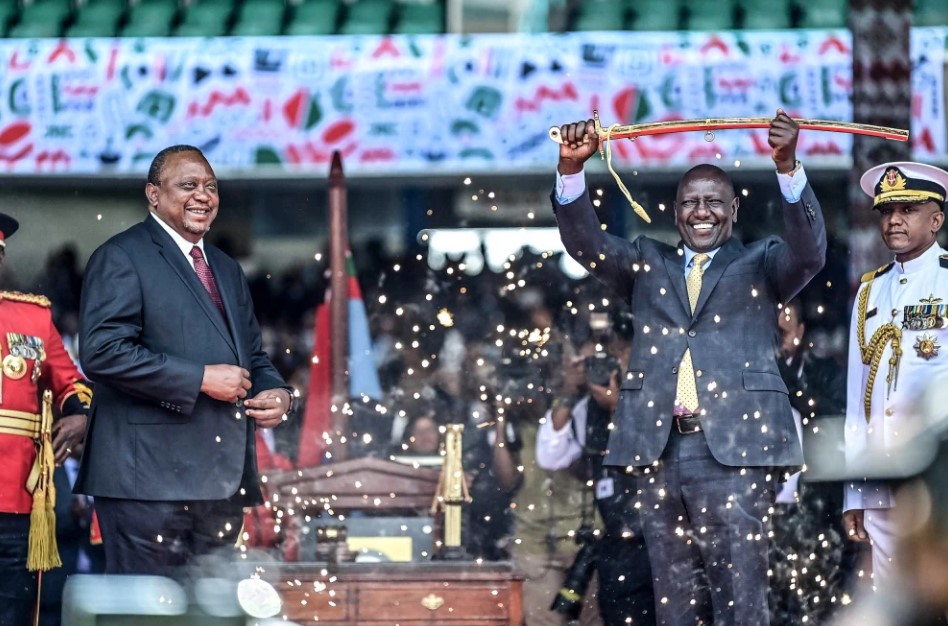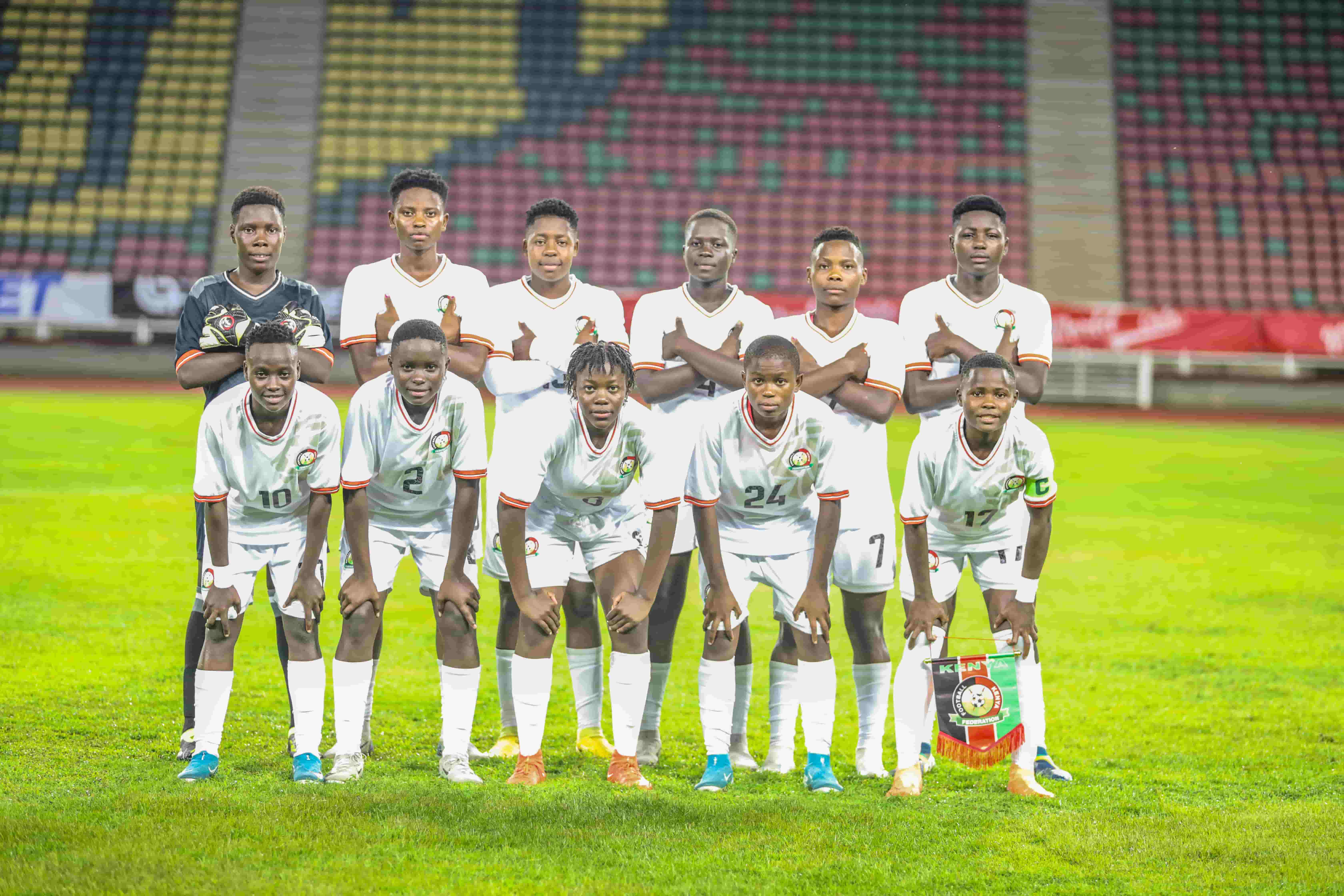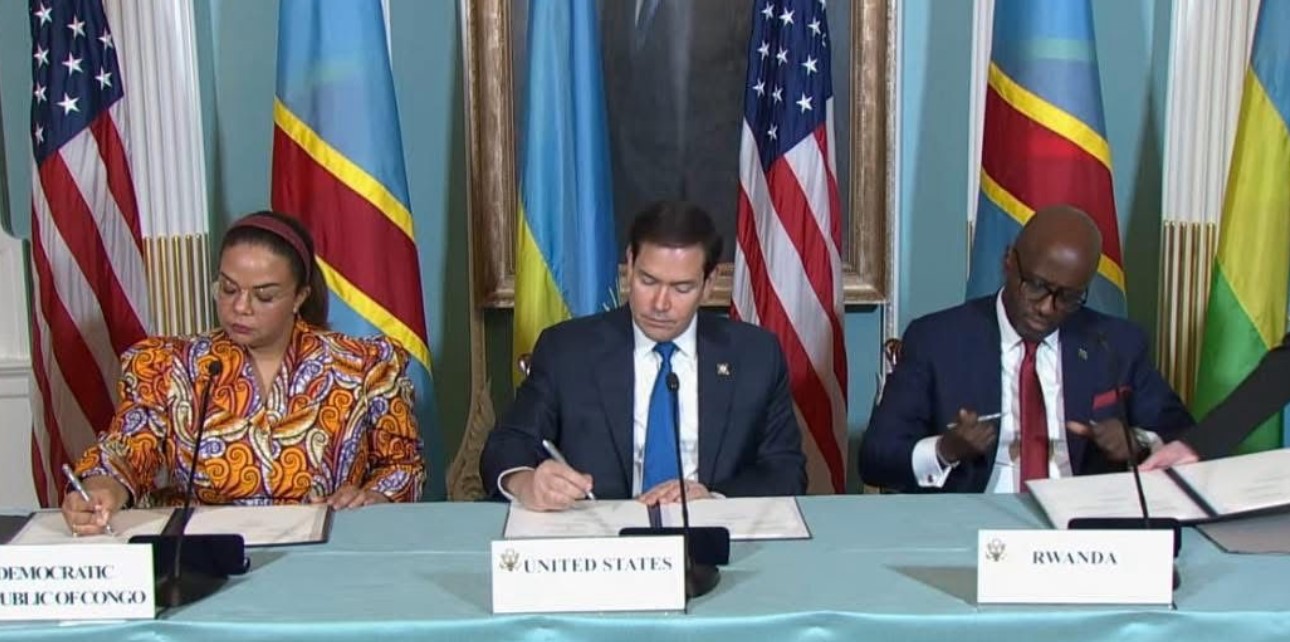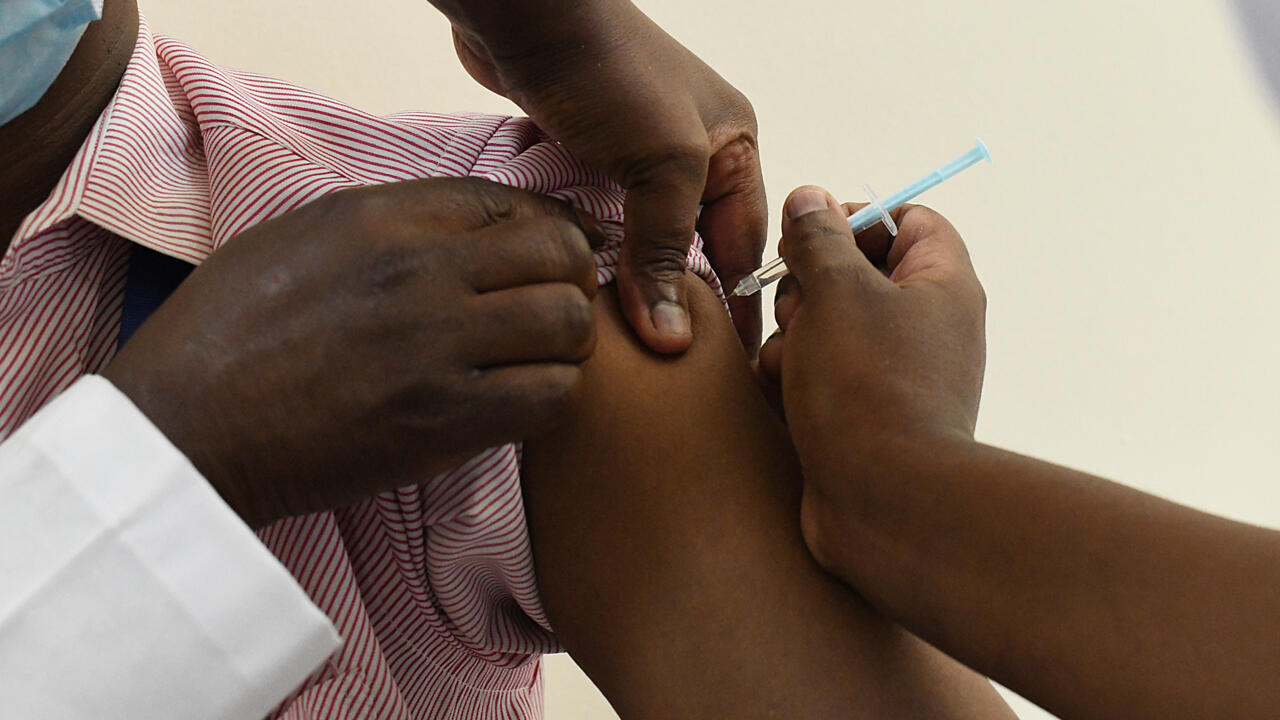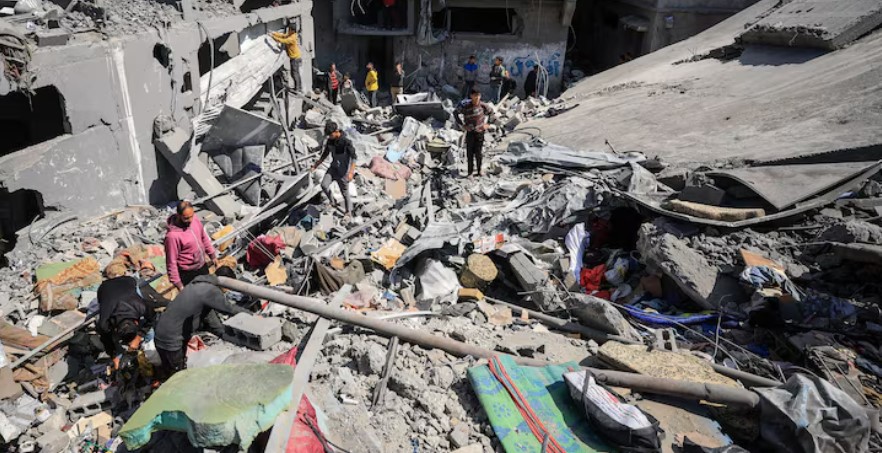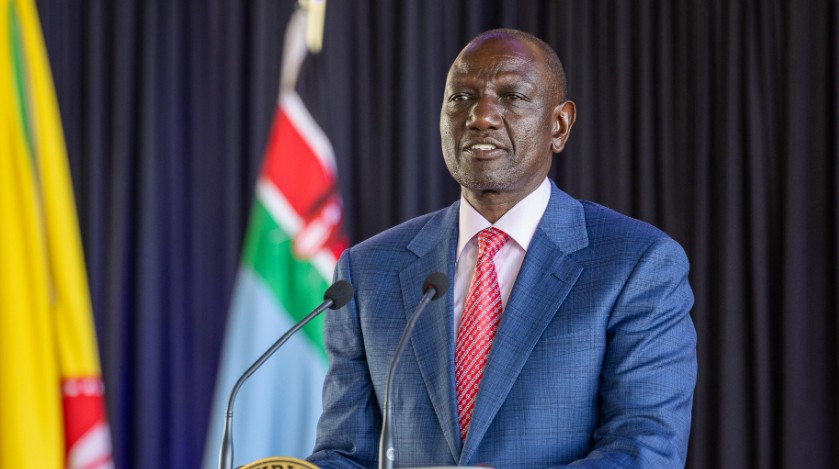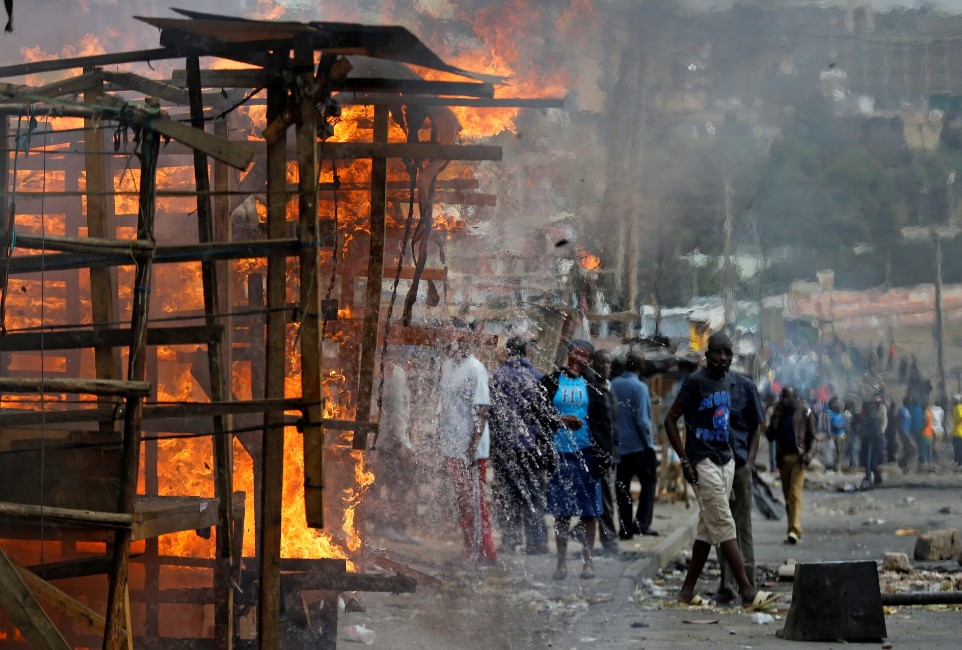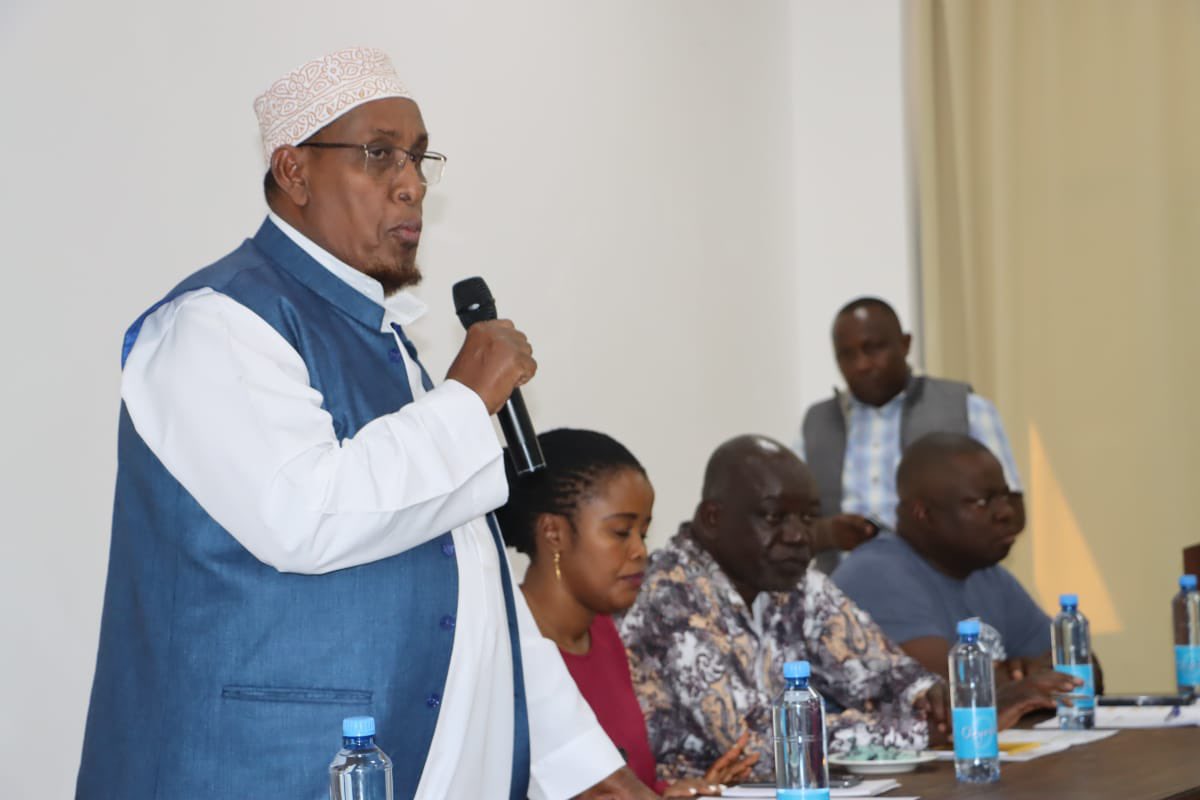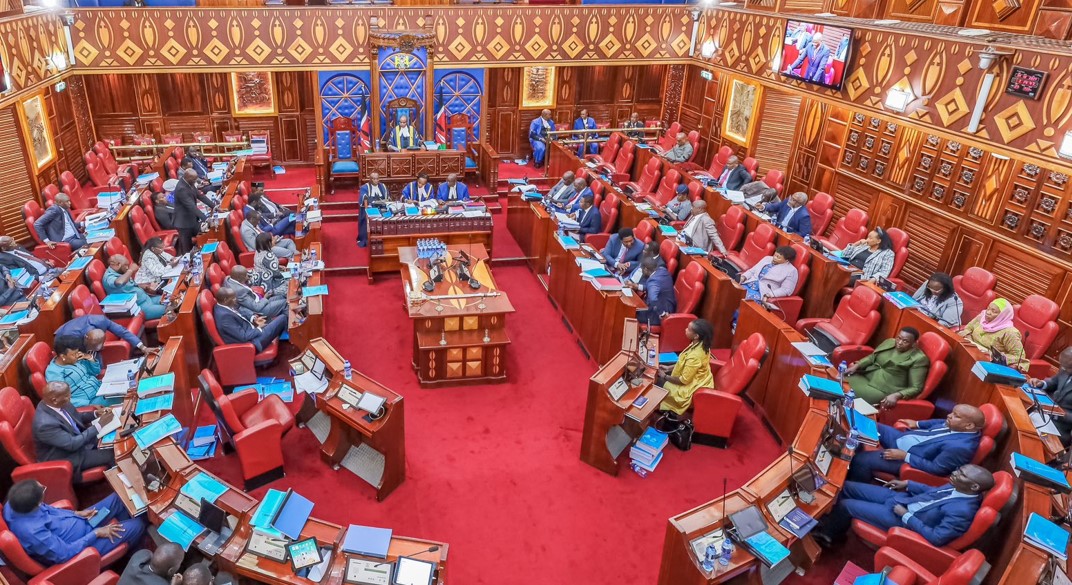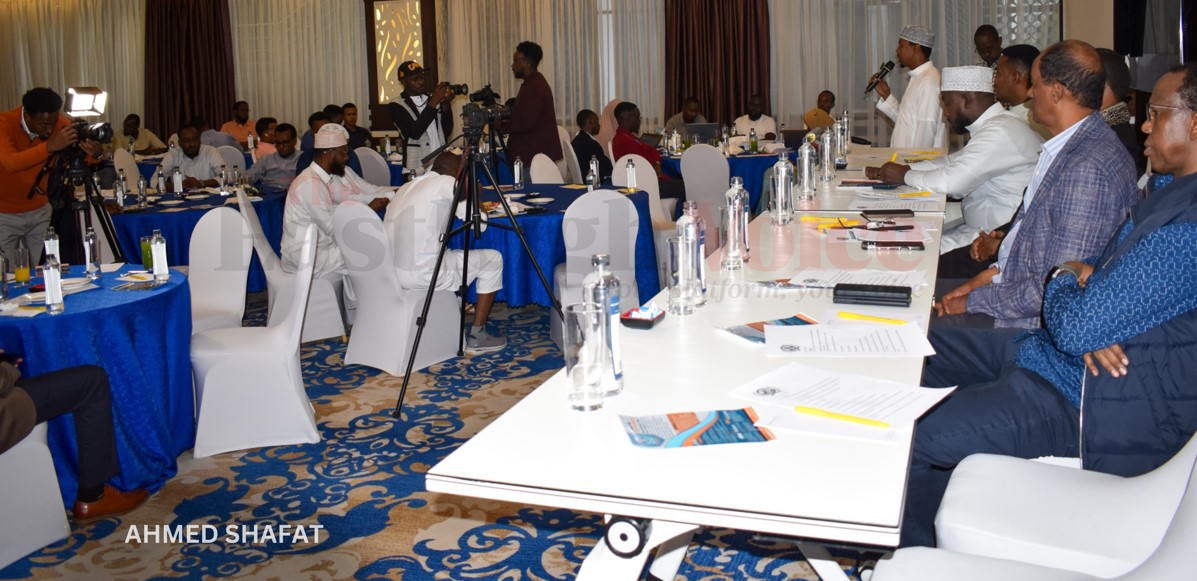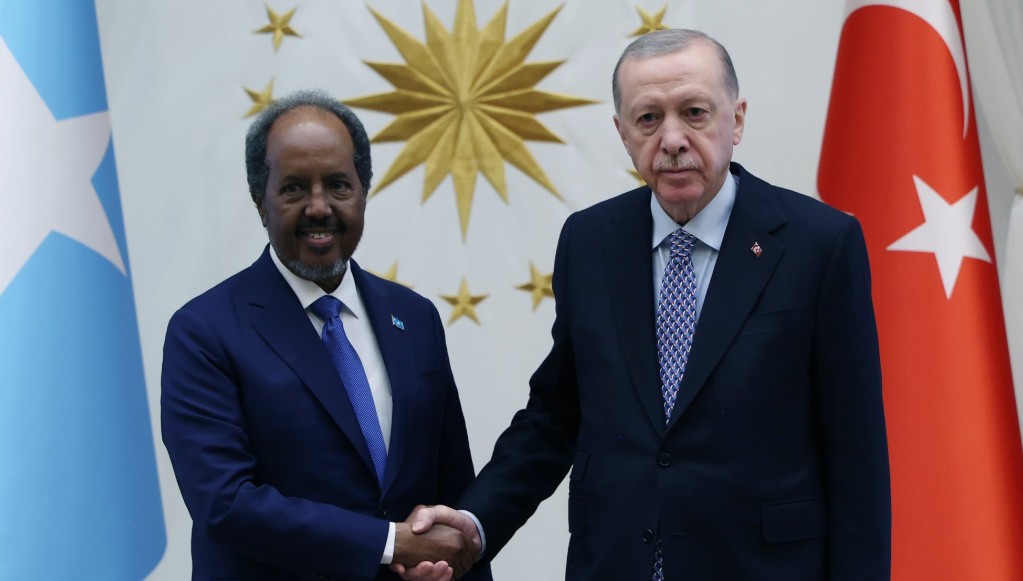Why West Africa could soon have a jihadist state
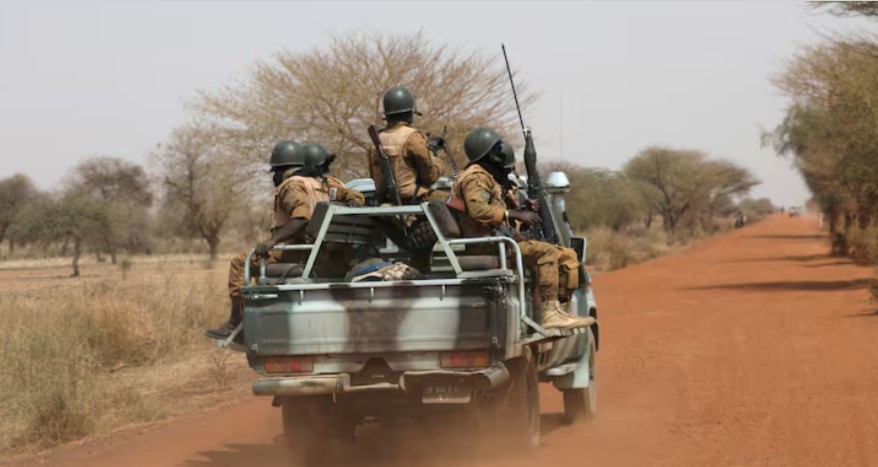
Groups such as Islamic State and al-Qaeda are committed to the establishment of these states, denouncing democratic governance.
By Oluwole Ojewale
The Sahel region of Africa, between the Sahara and the tropical savannahs to the south, has emerged as a significant base of groups that want to establish jihadist states.
More To Read
A jihadist state is a structure that operates under Islamic law, or sharia and is directed by a single leader, or caliph, who combines political and religious roles.
Groups such as Islamic State and al-Qaeda are committed to the establishment of these states, denouncing democratic governance.
Their influence and operational model are on the rise. They are radicalising the population, heightening sectarian strife and aggravating the difficulties of already volatile regions.
Operating in parts of Burkina Faso, Mali, Niger, Nigeria and Chad, these groups aspire to form a jihadist caliphate in the Sahel region.
As a scholar of security, I have been researching terrorism, insurgency, transnational organised crime and state fragility in Africa since about 2019.
I believe the key factors that could aid the establishment of a jihadist state in the Sahel region of west Africa include mutually reinforcing issues such as population explosion, failure of governance and endemic poverty. Porous borders, arms trafficking, the presence of forests where people can hide, connection to global terrorist groups, and the recent coups in the region are also factors. The coups created a setback for counterterrorism efforts led by the elected governments.
Terrorism is driven by the spread of violent extremist groups. In the Sahel, a large population of poor people serves as a source of recruitment by the jihadists.
Spreading terror
The insurgency led by the local al-Qaeda affiliate, Jama’at Nusrat al-Islam wal-Muslimin (JNIM), alongside the conflict involving the Islamic State’s Sahel province, has escalated.
According to Armed Conflict Location and Event Data (ACLED), in the first half of 2024, fatalities reported across Burkina Faso, Mali and Niger reached an unprecedented total of 7,620, a 9 per cent increase from the same time frame in 2023. This is a 37 per cent rise compared to 2022, and an alarming 190 per cent surge relative to 2021.
In October 2024, an offensive by Boko Haram near the Nigerian border resulted in the deaths of around 40 members of the Chadian military.
While Burkina Faso, Mali and Niger have become the headquarters of the jihadist groups in the Sahel, the direction of attacks is heading fast to the northern fringes of Togo, Benin and Ghana.
The number of violent incidents within 50km of the borders of these countries adjacent to the Sahel has surged and now exceeds 450 reported cases annually.
Other Topics To Read
- Africa
- Burkina Faso
- Niger
- Nigeria
- Islamic State
- Chad
- terrorism
- Mali
- al-Qaeda
- ECOWAS
- Poverty
- sahel
- West Africa
- jihadists
- Economic Community of West African States
- Population growth
- Insurgency
- Caliphate
- Benin
- Insecurity Islamic State West Africa Province
- ISWAP
- Islamists
- Firearms trafficking
- Why West Africa could soon have a jihadist state
- Headlines
This presents a clear demonstration of an expansionist terror agenda in the Sahel.
Possibility of a jihadi state
The primary drivers are a combination of population explosion, failure of governance and endemic poverty.
Poverty in the Sahel is more prevalent than in many other regions of Africa. Nearly 80 per cent of its population subsist on less than US$2 a day.
The region has one of the highest population growth rates in the world. According to the World Bank, the populations of countries in the Sahel are expected to grow swiftly after 2025.
The region’s population is mostly young, with median ages between 15 and 19 years. The dependency ratios are high: nearly 100 dependants per working-age adult in Niger, Burkina Faso and Mali. Projections suggest that these dependency rates will continue to exceed those of other sub-Saharan African countries until 2070.
This growth rate far exceeds the region’s economic progress, leading to a decline in living standards. It fosters conditions that make young people susceptible to recruitment by terrorist groups.
Among other enablers of jihadist expansion, border porosity remains a critical factor. It aids the circulation of small arms and ammunition. The illicit supply of weapons empowers the terrorist groups: they are often equipped with sophisticated arms.
The recent military coups in the Sahel have benefited terrorist organisations operating in the area. In Mali, Niger and Burkina Faso, these takeovers have hindered efforts to coordinate counterterrorism initiatives. State authority has declined and there’s an increased presence of armed groups.
This environment of instability provides opportunities for terrorist entities to broaden their activities. They take advantage of the power vacuums created by weakened governments and the withdrawal of Western military forces.
The current counterterrorism efforts of the military governments are widely believed to focus more on regime protection in the countries’ capital cities, while the terrorists reign in the rural areas.
The dense vegetation in some parts of the Sahel makes surveillance difficult. Forests become hiding places and operational bases for the jihadist groups.
These spaces include Sambisa and Kuyambana in Nigeria, Dida Forest bordering northern Côte d’Ivoire, and W-Arly-Pendjari Complex (WAP Complex) straddling Niger, Burkina Faso and Benin.
For example, the WAP Complex has become a haven for militant Islamist groups since 2018.
The last factor is the connection to the global terrorist groups’ headquarters in Syria, Iraq, Yemen and Afghanistan, and the return of fighters from those countries to the Sahel. These locals who had gone to fight in the terrorist headquarters often return with sophisticated training to propagate terrorist ideologies, drive recruitment and manage clandestine operations.
More than 5,000 of these terrorist fighters are believed to be fighting in the Sahel.
What role is there for regional bodies?
To combat the threats posed by jihadist groups in the Sahel, the Economic Community of West African States (Ecowas) can explore diverse strategies with military, political and socio-economic dimensions.
Ecowas has suggested the potential deployment of a regional standby force to reinforce counter-terrorism operations in west Africa. It will need funding, estimated at US$2.6 billion annually.
Ecowas can also initiate programmes that empower civil society in efforts towards peacebuilding. By fostering resilience within communities, the region can counter jihadist recruitment efforts.
What does the future hold for the region?
There are at least three divergent predictions.
The current military dictators will seek to stay in power. The longer they stay, the more complicated the security situation will become. Their focus on protecting a small military elite will increase political marginalisation and grievances, which often bolster recruitment by jihadist groups.
Secondly, the UN secretary-general noted in 2022 that “if nothing is done, the effects of terrorism, violent extremism and organised crime will be felt far beyond the region (Sahel) and the African continent.”
In other words, the region could become the global headquarters of a jihadist state.
Lastly, there could be a positive future. The Sahel is richly endowed with renewable energy. It has the potential to be one of the richest regions in the world, with a plethora of human, cultural and natural resources.
In an atmosphere of political stability, the governments in the Sahel could harness resources and find paths to economic prosperity.
They can reform the security sector, invest in infrastructure and social services, and curtail the jihadists’ spread in the region.
Oluwole Ojewale is a Research Fellow at Obafemi Awolowo University and Regional Coordinator, Institute for Security Studies
Top Stories Today

